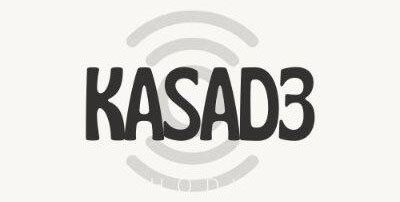The Ghanaian government has approved the implementation of the Responsible Cooperative Mining and Skills Development Programme (rCOMSDEP), a landmark initiative aimed at reforming the artisanal and small-scale mining (ASM) sector.
Spearheaded by the Ministry of Lands and Natural Resources, the programme will replace the Community Mining Scheme (CMS) and the National Alternative Employment and Livelihood Programme (NAELP), addressing their shortcomings through better coordination and resource management. rCOMSDEP seeks to promote environmentally sustainable mining practices while creating jobs and diversifying livelihoods in mining communities. The initiative aligns with President John Dramani Mahama’s vision of fostering responsible mining and sustainable economic development.
At the heart of rCOMSDEP is the establishment of locally owned mining cooperatives, which will provide members with legal concessions, professional training, and access to modern processing facilities equipped with mercury-free technologies. The programme also includes water treatment systems to mitigate environmental harm and improve gold recovery rates. By centralizing processing operations, the government aims to eliminate the use of hazardous chemicals like mercury, which has long been a concern in small-scale mining. Additionally, the initiative will focus on skills development, offering vocational, technical, and entrepreneurial training to youth and women to broaden their employment opportunities beyond mining.
The programme is structured around six key pillars, including cooperative mining, environmental rehabilitation, and agricultural value chain development. A major component involves restoring lands degraded by illegal mining (galamsey) for productive use in agriculture and forestry. The government also plans to channel mining revenues into community infrastructure, such as schools, health facilities, and renewable energy projects, to improve living standards in mining areas. Partnerships with the Ministry of Food and Agriculture will further support agro-processing ventures, ensuring economic diversification and food security in affected regions.
The Ministry of Lands and Natural Resources has called on traditional leaders, civil society, and private sector actors to collaborate in implementing rCOMSDEP. This inclusive approach underscores Ghana’s commitment to balancing economic growth with environmental protection and social equity. If successfully executed, the programme could serve as a model for other African nations grappling with the challenges of artisanal mining. Stakeholders are optimistic that rCOMSDEP will pave the way for a more sustainable and regulated mining sector, benefiting both local communities and the national economy.



